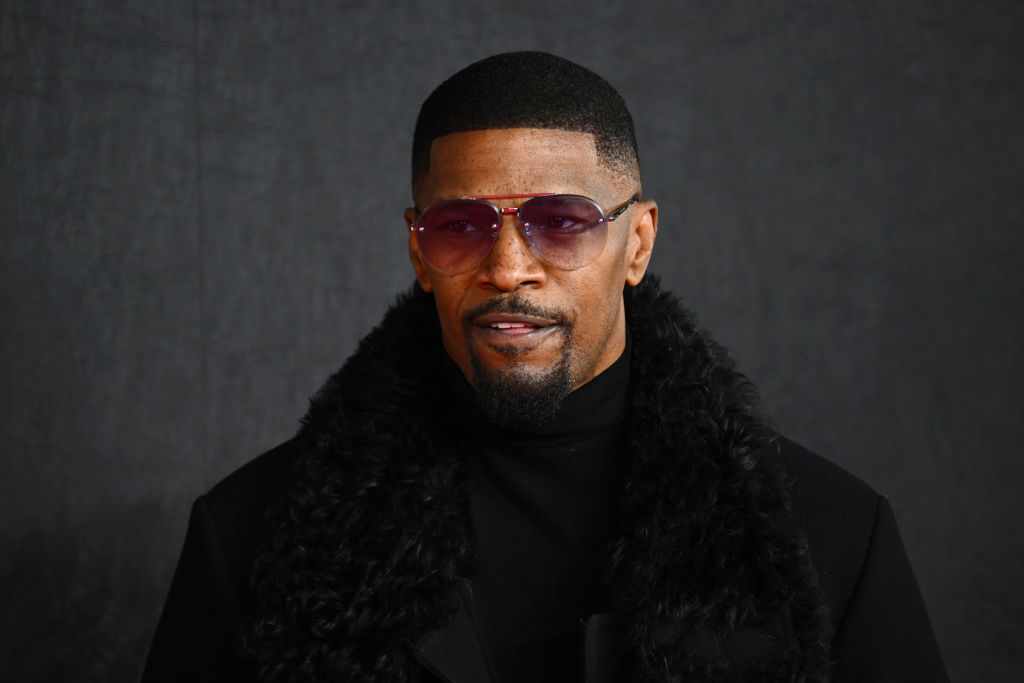A parade, celebration and candle lighting ceremony were held Tuesday in South Los Angeles to mark the first day of the seven-day African-American festival of Kwanzaa.
A parade was held from Adams and Crenshaw boulevards to Leimert Park with drill teams, classic cars, drummers, bike and skateboard riders and community activists.
The Umoja (Unity) Celebration and Candle Lighting Ceremony was held at the African American Cultural Center.
A children's Kwanzaa workshop will be held at the center from 1-4 p.m. Saturday.
The 16th annual Kwanzaa Heritage Festival and Block Parade will be held from 10 a.m.-7 p.m. Saturday on Degnan Boulevard, between 43rd Street and 43rd Place in Leimert Park Village.
The festival will include music, traditional dancing, a drum circle, an international food court, a fashion show, and a children's village that will include face painting.
Kwanzaa was created in 1966 by Maulana Karenga, now chair of Africana Studies at Cal State Long Beach, in what he called ``an audacious act of self- determination.''
News
Top news of the day
The 2017 theme of Kwanzaa is "Practicing the Principles of Kwanzaa: Repairing, Renewing and Remaking Our World,'' Karenga wrote in his annual founder's message.
"Our ancestors taught that we damage the world and all in it not only by what we do wrong, but also by what we fail to do right,'' Karenga wrote.
"And this injuring and wounding of the world and all in it, requires that we constantly repair, renew and remake the world, making it more beautiful and beneficial than when we inherited it."
Kwanzaa's focus is the "Nguzo Saba," the Seven Principles -- unity, self-determination, collective work and responsibility, cooperative economics, purpose, creativity and faith.
During the week, a candelabrum called a Kinara is lit, and ears of corn representing each child in the family are placed on a traditional straw mat.
African foods such as millet, spiced pepper balls and rice are often served. Some people fast during the holiday, and a feast is often held on its final night.
A flag with three bars -- red for the struggle for freedom, black for unity and green for the future -- is sometimes displayed during the holiday.
Kwanzaa is based on the theory of Kawaida, which espouses that social revolutionary change for black America can be achieved by exposing blacks to their cultural heritage.
"Today marks the first day of Kwanzaa, a weeklong celebration of African-American heritage and culture. Together, let us celebrate during this joyous time the richness of the past and look with hope toward a brighter future,'' President Donald Trump said in a statement Tuesday morning.
"As families and friends join to light the Kinara, Melania and I extend our warmest wishes for a joyful holiday season and a prosperous year to come.''



